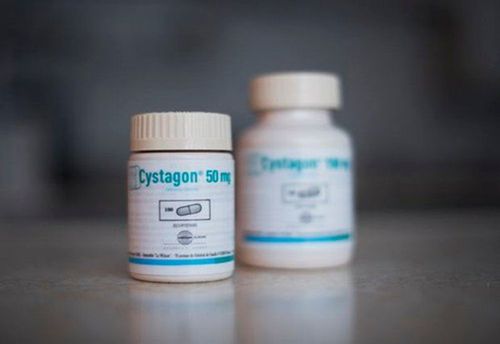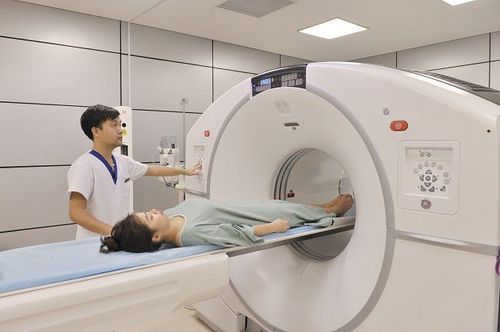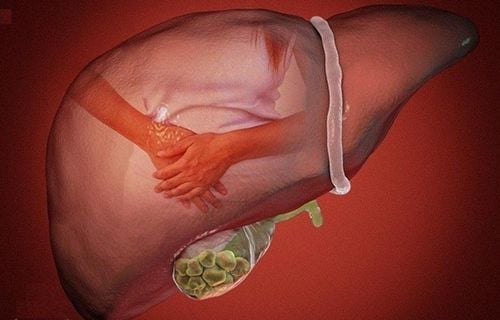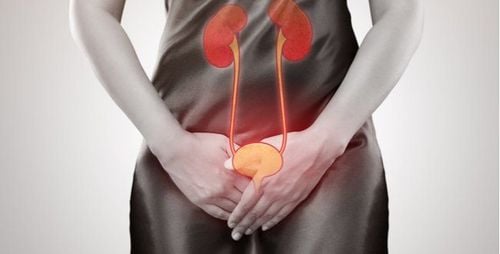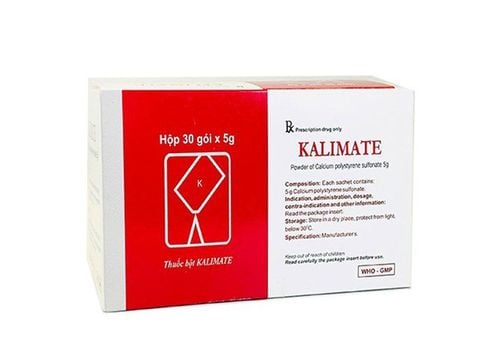This is an automatically translated article.
The article is professionally consulted by Master, Doctor Vo Thien Ngon - Department of General Surgery - Vinmec Da Nang International General Hospital
Ureteral stones account for 28% of the rate of urinary tract stones, ureteral stones are often caused by stones moving from the kidney to fall, a dangerous disease that causes many dangerous complications by blocking the passage of urine. So what are ureteral stones and what complications can they cause?
1. What are ureteral stones?
The ureter is a long tube that carries urine from the kidney to the bladder, the ureter has 3 physiological narrow locations that are often points that prevent stones from moving down.
Ureteral stones are one of the types of urinary tract stones, a very common disease.
Causes of ureteral stones are mostly due to stones falling from above the kidney, stones forming in the ureter are very rare only in a few conditions such as narrowing, tumor or diverticulum of the ureter
Ureteral stones are divided into ureteral stones 1⁄3 upper, 1⁄3 middle and 1⁄3 lower. The subdivision according to the stone location is applied in choosing the appropriate treatment method.
2. Symptoms of ureteral stones
Dull pain in the lumbar fossa: Back pain spreads gradually along the path of the stone on the ureter, seen in the case of small stones. When a stone falls from the kidney into the ureter, it causes renal colic with the following manifestations: Pain appears suddenly, the intensity of the pain is severe, intermittent, pain from the lumbar region spreads to the groin and genitals without pain relief. Hematuria can be detected by microscopic hematuria or gross hematuria can be detected by the naked eye urine colored like meat wash. Gallstones are rare but diagnostic. Purulent urination in case of urinary tract infection with symptoms: Fever, painful urination, frequent urination.
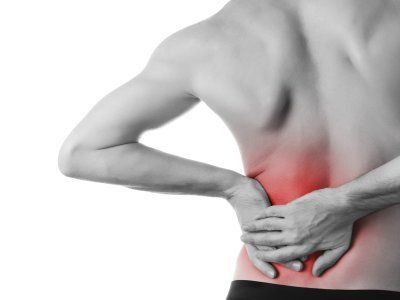
3. Complications of ureteral stones
Ureteral stones can progress if not treated early, causing complications such as:
Water retention in the kidney causing pyelonephritis: Due to the stone blocking the passage of urine, urine cannot enter the bladder to dig out. excreted, causing water retention in the kidneys, dilatation of the renal calyces, affecting kidney function. Urinary tract infection: When the stone moves, it damages the lining of the ureter, creating favorable conditions for bacteria to grow, causing inflammation with symptoms of high fever, shivering, pain in the lumbar pit. Acute renal failure : Occurs when a stone completely blocks the ureter causing symptoms of anuria. Chronic kidney failure: When urinary tract inflammation occurs for a long time, causing chronic kidney failure, the kidney cells are damaged irreversibly.
4. Diagnosis of ureter
Normal kidney X-ray. Intravenous drug nephrography (UIV) and retrograde uretero-pyelogram (UPR) Special diagnosis Case of contrast stones In the lumbar segment: Calcified nodes, images of spines transverse vertebral column when its periphery has a darker contrast, easily confused with a stone. In the pelvic segment: There are dark foci of unknown cause, often seen on the iliac wings; These images are fixed in all positions of the pelvis on X-ray films. In the small iliac fossa: Easy to confuse with phlebitis. Phlebitis has a uniform circular shape or a bright center. Most of the inflamed veins are located quite far beyond the ureter. When in doubt, rely on UIV. The calcifications of the arteries as lines are usually located below the pelvic joint (iliac arteries).
Cases of non-contrast stones Must be distinguished from air bubbles in UPR imaging, the defects of ureteral cysts, especially tumors of the ureter.
5. Treatment of ureteral stones
The treatment of ureteral stones depends on the location, size, and associated complications.
In case the stone has moved to a low level, without causing any complications: Medical treatment with anti-inflammatory drugs to relieve pain, smooth muscle relaxants, antibiotics when suspected of having an infection. In case the stone is large, does not move and has caused complications, the stone must be removed as quickly as possible by surgical removal of the ureteral stone. Ureteral stones can cause many dangerous complications affecting the health and life of the patient, so it should be detected and treated promptly. When there are symptoms of suspected ureteral stones, it is necessary to go to medical facilities for examination and treatment, patients with a history of kidney stones also need to be regularly monitored or have a method of treatment for kidney stones to avoid kidney stones. fall, causing ureteral stones.
Please dial HOTLINE for more information or register for an appointment HERE. Download MyVinmec app to make appointments faster and to manage your bookings easily.





